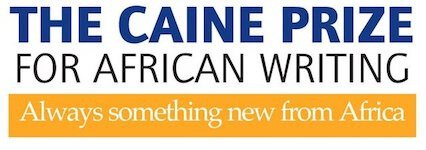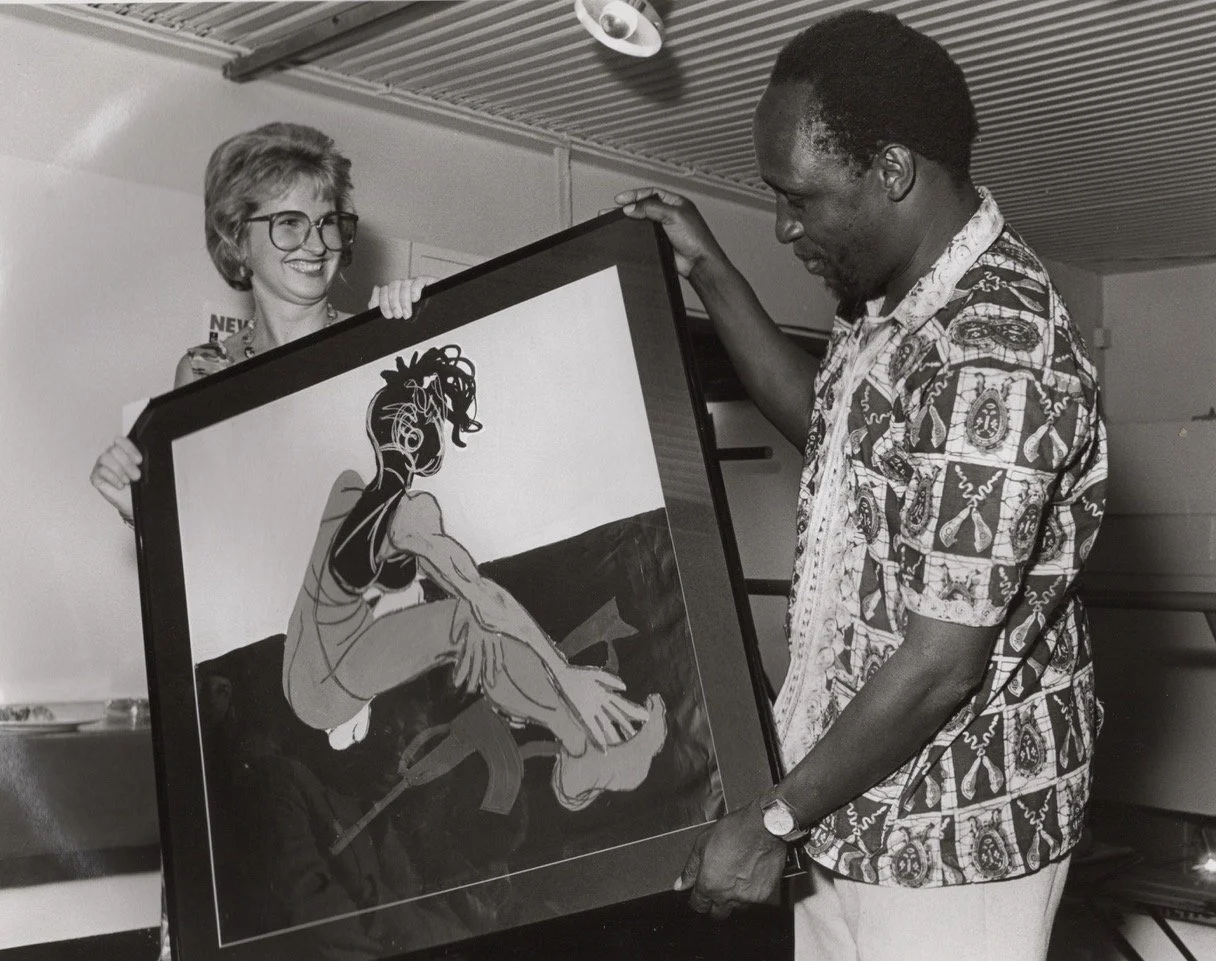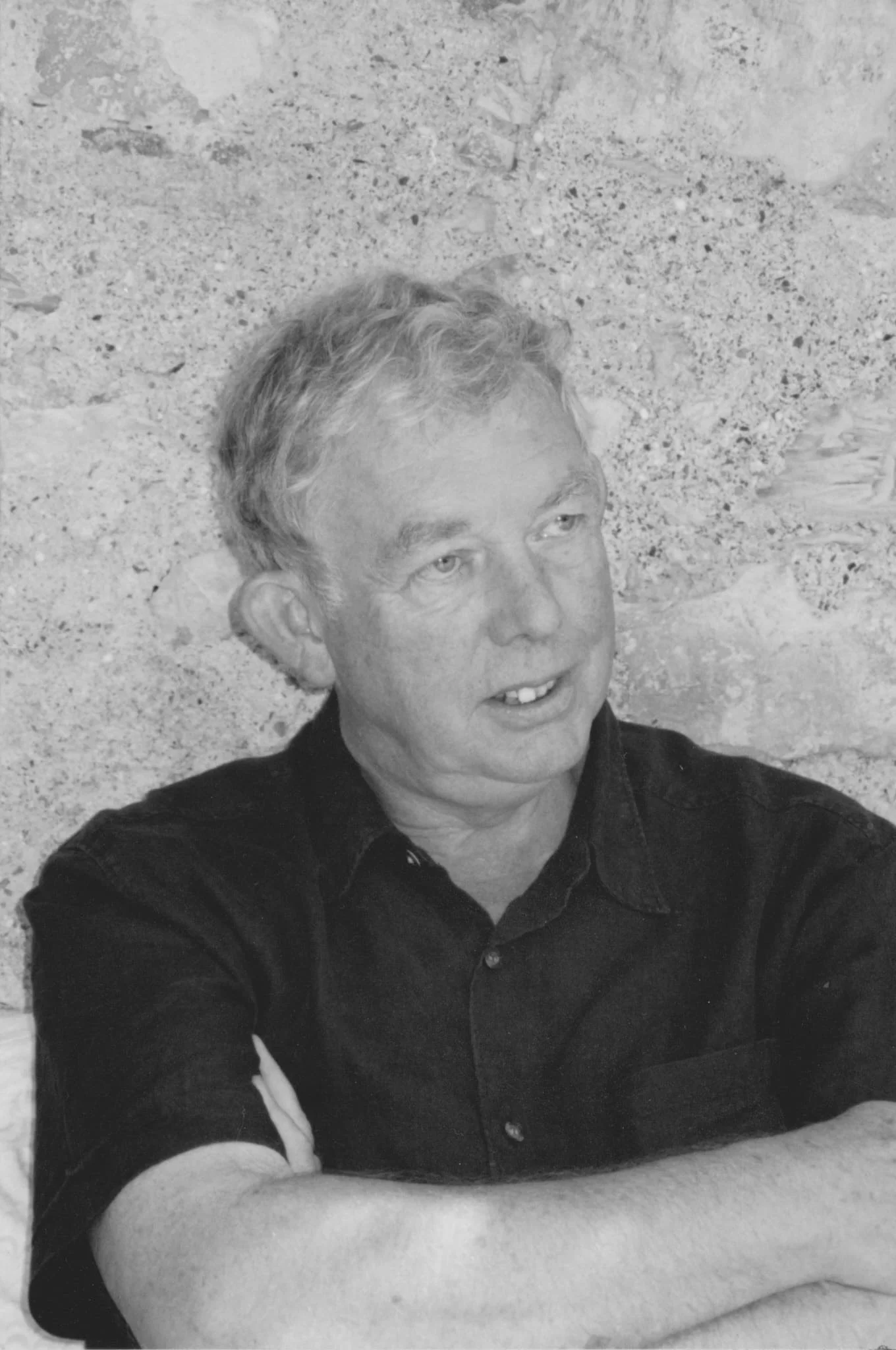Arriving in Accra
An immigration officer looked at me and said, “You’re a nice guy!” I was taken aback. Immigration officers in my country don’t lavish such beautiful compliments on anyone. They are either non-committal to you or they scold you. So I asked him,
“Why do you say that?”
“There are some people that when you see them, you begin to shiver. But you! I don’t think so. Where are you from?”
“Cameroon,” I answered.
“It doesn’t matter where you are from, you’re a nice guy.” I felt flattered. Being airport staff myself, I knew he said that from his profiling of me, with respect to fake documents or illegalities.
The second officer who stamped my Visa pronounced my town of birth with a certain familiarity that something told me that he knew the place, “Nkiacha, born in Kumba!” I halted, trying not to think of the exaggerated infamous stories of my birth place. But as he returned my passport, he added,“I attended CPC Bali.” “Oh! Really! Good to know.”
(CPC Bali is one of the first Secondary schools in Anglophone Cameroon.) We spoke French briefly after that. The “nice guy” one warmed up to my chat so much he even gave me his phone number.
I left for the arrival hall. A gentleman gave me a cart, placed my bags on it and told me, “Welcome to Ghana”. It was another commendable act of gallantry. So off I went thinking about first impressions. “Ghanaians are generally hospitable, friendly people, birthplace of pan-Africanism really.” Then a voice boomed,
“This way sir, Customs.” (Damn it.) “Okay.”
“Anything to declare? Currency? Goods?” the man asked, his eyes on my bags.
“Nothing. Only clothing.”
“So where are you from?” he asked, spotting my foreign accent.
“Cameroon.”
He sighed. “You people came here in 2008 and eliminated Ghana in the semi-final of the Africa Cup of Nations,” he snapped and flung his hand away dismissively. The unexpected reproach made me laugh, as I remembered the 1-0 defeat. An eight year grudge! Does he know our team has suddenly become the dead lions?
“I’m sorry about that.”
Okay, first impressions. “Hospitable, gentle Ghanaians, customs officer exclusive.”
Accra looked like the better behaved twin of my city, Douala, Cameroon’s economic capital. The commercial hustle and bustle was palpable. There were throngs of people in every street corner and avenue. I saw a multitude of impressive buildings and neat wide roads, garnished by lots of traffic lights and a glut of cars and taxis plying them. The names of the businesses were entertainment; Downhill Virgins, Shalom fast food, Glee Oil etc. We drove past the state house and I was puzzled that it is along the road. Ours is a swanky mansion safely tucked away from public view in Yaoundé. The Accra presidency looks more statehouse like, with its pentagon like, slightly circular frame and greyish compartments and floors, surrounded by high flying Ghanaian flags. Accra is also a city with better architectural symmetry than Douala. Traffic lights at almost every junction guide movement, especially during hold ups.
Driving to Elmina
After lunch, we all hopped onto two buses and began our long drive to Elmina, the coastal town in the Central region where we were based. Brainy conversations trickled on all subjects in our bus and I was impressed by the intellect of young Efemia Chela who sat next to me, telling me about Ghanaian life.
“Oh look,” she quickly pointed at a boy selling West African garden snails in a bowl and I gasped at their gigantic size as we drove past. I was asked about writing in English and not French, since I am from a “Francophone country”. I explained that I write in English which I am more versed in and some French which I studied in school. But I am Anglophone Cameroonian, though living and working in a Francophone city. Little correction, Cameroon is a bilingual country, though predominantly Francophone.
Our conversation sort of paused when we drove past a car accident scene. Pede Hollist finally broke the silence a few minutes later,
“I noticed we were all quiet. So what inference can we draw from that?”
“It was heart breaking. But it seemed nobody died, only injuries. I saw a lady with some blood on her body,” someone answered. That was the only sad moment in our bus trip. Nature consoled us with scenic views of lagoons, fresh foliage and beautiful villages like Winneba and Anomabo, where we saw a clown who had disguised like a woman at a small beach party. We drove along the coastline, where hundreds of wild coconut trees lined the seashore and its waters breathed fresh breeze on us. The bluish green sea was quite a sight, as its gruff water currents splashed noisily against the shores, leaving behind a meshwork of brown seaweeds. After three and a half hours, we finally arrived at the eye catching, Coconut Grove Beach Resort Elmina, a plush seaside hotel built in a grove of wild coconut trees. It has entertained guests such as Kofi Annan, Serena Williams and Bono. After checking into our rooms, we later had dinner and chatted at length, to know ourselves better.
The Workshop
There was a lot of entertainment the next day; delicious food and wine, swimming in the beautiful ocean, table tennis, crocodile viewing in the pond and horse riding. I rode a horse for my first time and saw my first donkey too. We all assembled in the conference hall at 5pm and our facilitator, wonderful Sudanese novelist and first winner of the Caine Prize, Leila Aboulela, gave us a guided imagery writing exercise to do, to send us into writing gear. We wrote and read the short pieces. From the readings and discussion of the short stories we intended writing, it was already evident how different and unique we all were. Our second facilitator, South African novelist, Zukiswa Wanner joined us two days later and she was another amazing and funny writer to complete the very panafrican group of fictioneers.
So it was on. We wrote and wrote and then wrote some more. Each evening, there were readings of work in progress by three writers. The facilitators gave feedback, suggestions and positive criticisms to make the stories better. The other writers did too. Each reader had the option to either accept, modify or reject the suggestions. I worked on one short story and stuck with it all along. I judged most of the feedback to my story helpful. Apart from the facilitators, I also profited from the knowledge of writers/teachers like Diane Awerbuck and Pede Hollist. The workshop was also an opportunity for me to network with other writers and understand their different creative processes. By the time our stories were concluded, it was no surprise that the range was so wide; from realist fiction to science fiction, tragedy to comedy, stories set in the earth’s water bodies to high up in the air, aboard a plane, to be published along with the 5 shortlisted stories this year in the Caine anthology in July by New Internationalist.
We also visited some secondary schools in groups, to talk about writing and reading and to encourage the students to do so. I visited the Catholic Girls Junior Secondary School, Elmina with Zukiswa, Dotse and Akwaeke. I read to the students from my children’s short story illustrations book, “The Golden Baobab Tree” and they enjoyed it. The girls showed so much interest in the book, relishing the cartoon illustrations and passing it on, so I gifted my copy to the school. We asked if they had written any short stories that they could share with us. They were initially shy but soon warmed up to Zukiswa’s arresting presence and produced three stories, read by three different authors. We were impressed by their writing skills. Akwaeke never forgot a beautiful line from one of the girls’ stories about a promiscuous female character, “She was a rolling stone in the hands of men.” Wow! But there was a scene where a character received a “wonderful slap” and I gasped.
Before we left, we informed the headmaster about some children’s short story competitions and urged the girls to submit their stories online.
As I embarked the bus to the airport, I felt a deep sense of satisfaction, after participating in one of the prestigious creative writing workshops in Africa, in that hospitable land of Kwame Nkrumah, where many people and even the signposts tell you “Akwaaba” (welcome) and the people are always ready to make you their “Charle” (friend).
Read Nkiacha’s full post on his blog here.
Find out more about the Caine Prize workshops













